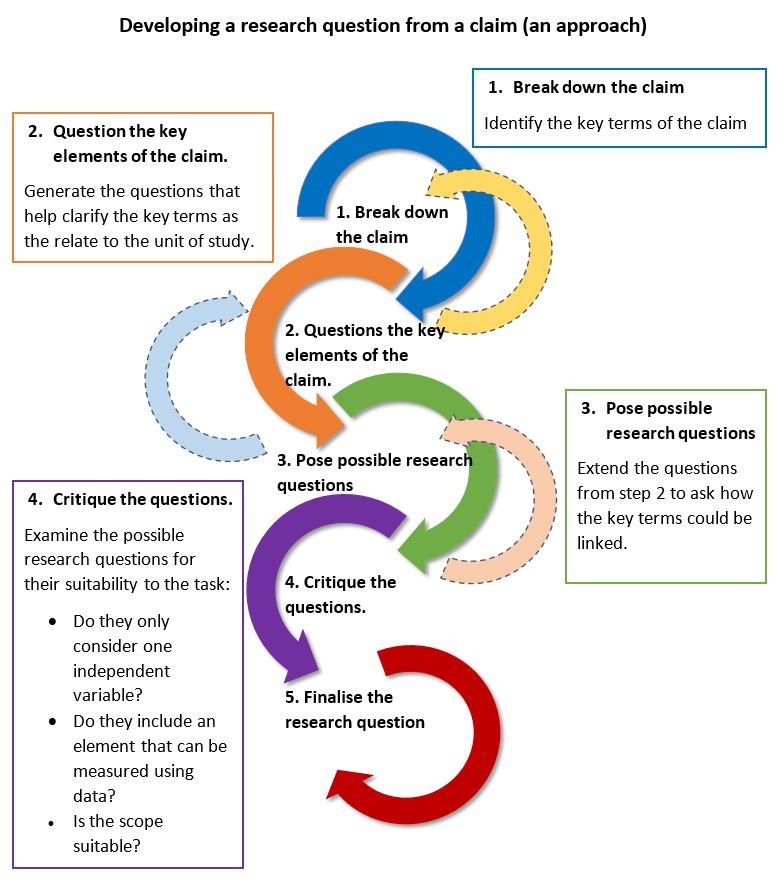


Australia's energy debate (Ebook)
CLAIM: Nuclear power plants are a better choice than pump hydroelectricity plants
PART A: Relevant Scientific Information
Nuclear Power Plants
Pumped Hydroelectricity Plants
PART B: Explanation of Reasons For and Against the Claim
CLAIM: By mid-century, solar-powered cars will be more popular than electric cars
PART A: Relevant Scientific Information
Solar Cars
NOTE: There are 2 kinds of solar-powered cars, so you need to think about the challenges / efficiencies of both:
Electric Cars
PART B: Explanation of Reasons For and Against the Claim
Australia's energy debate (Ebook)
CLAIM: Humanity has more uses for infrared radiation than microwave radiation
PART A: Relevant Scientific Information
Infrared Radiation
Microwave Radiation
PART B: Explanation of Reasons For and Against the Claim
CLAIM: Humanity should be more worried about ultraviolet exposure than X-ray exposure
PART A: Relevant Scientific Information
Science in Context database: Radiation Exposure
Ultraviolet Radiation
X-Ray Radiation
PART B: Explanation of Reasons For and Against the Claim

Write bullet points to support both sides of your claim in this planning sheet, and use it to prepare Part B of your assignment.

Purpose: Reason the information exists
According to the QCAA Syllabus glossary, a claim is an assertion made without any accompanying evidence to support it.

CLAIM: Climate change will make extreme weather events more frequent.
RESEARCH QUESTION: What effect does climate change have on the frequency of cyclones crossing the Queensland coast?

The ENTIRE collection of resources provided by the BBC Library can now be searched on ONE single, powerful search platform, which retrieves print books, eBooks, database articles and websites. Click HERE for assistance.










An American website that aggregates press releases and publishes lightly edited press releases about science.
Google Advanced search techniques
1. You can complete an advanced search in Google Advanced Search, which helps narrow or refine your search for better, more specific results.
2. Narrow your results to one particular domain type, by adding site: and a domain name to your search terms.
|
3 letter Domain names
|
2 letter Domain names for country of origin
A complete list can be found on the CIA World Factbook |
3. Use 'Ctrl F' (Control + Find) to search for particular terms easily in a long document, whether from a website or a database article.
4. Use a Google command to limit results to the MOST RECENT: After you get your results, choose the Google Menu Bar, and choose 'Tools'. Then on the far left, at the drop-down menu next to 'Any Time', .you can choose 'Within the last year' (or less, if you prefer), but generally, you can choose 'Custom Range' at the bottom, as often the last 3 to 5 years would be sufficient for a recent search.

5. Use Boolean searching